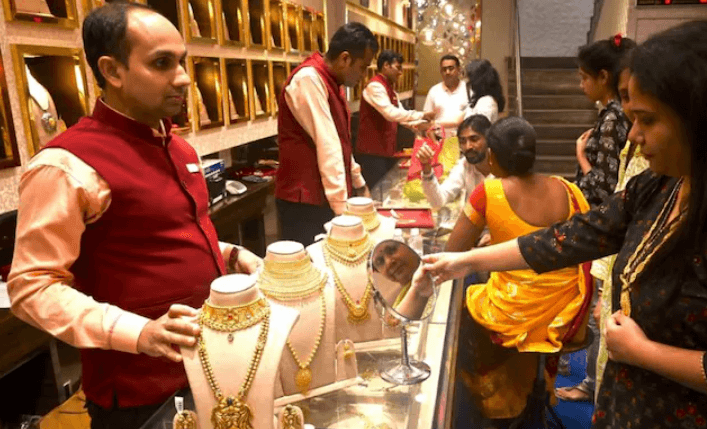What Most People Don’t Know About the Tax Implications of Selling Gold Jewellery in Glenroy

You might think selling old gold jewellery is as simple as walking into a shop, handing it over, and walking out with cash. But what if we told you that there is someone quietly trailing behind your transaction. Someone who’ll only let —one that only shows up when it’s time to do your taxes?
Is Selling Gold Jewellery Taxable in Australia?
At first glance, selling personal items like old necklaces, bracelets, or rings might seem like a tax-free event. After all, it’s just jewellery, right? Not always.
In Australia, the Australian Taxation Office (ATO) treats the sale of gold jewellery as a capital gains transaction if certain conditions apply. That means your sale might trigger a tax liability if you make a profit—especially if the item wasn’t just for personal use.
The ATO looks at a few things:
- How much did you originally pay for the jewellery?
- Was it used personally, or was it bought as an investment?
- Did it cost more than $10,000?
If you sell gold jewellery for more than $10,000 and it wasn’t used purely for personal enjoyment, you might be liable for Capital Gains Tax (CGT). That means you’re required to report the profit you made on the sale in your tax return.
See also: business assistance ip address
But What If It Was a Gift or Heirloom?
This is where it gets a bit tricky. If the jewellery was gifted or inherited, you’ll need to establish its market value at the time it was acquired. That value becomes your “cost base” when calculating any capital gain or loss.
Here’s an example: say you inherited a gold bangle from a relative, and its market value back then was $3,000. You sell it today for $7,000. You may need to report a $4,000 capital gain—yes, even if you didn’t pay a cent for it originally.
Do All Gold Jewellery Sales Trigger Tax?
Not necessarily. If you’re selling a small item purely for personal use and it cost less than $10,000, the sale is likely exempt from CGT. The ATO generally considers personal-use assets under that threshold to be tax-free when sold.
Still, it’s better to play it safe. If you’re unsure whether your sale falls into the taxable category, speak to a registered tax agent—especially if you plan to sell gold jewellery Glenroy buyers often look for, like antique rings or high-karat bangles.
Glenroy Gold Sellers: Here’s What You Should Do
Before you sell gold jewellery Glenroy, keep records of:
How and when you acquired the piece
Any valuation certificates or receipts
The final sale amount and to whom you sold it
This paperwork can help you (or your tax agent) determine whether you owe anything and keep you in the ATO’s good books.
The Bottom Line
You might not have to pay tax when you sell gold jewellery—but assuming you’re exempt could be a costly mistake. The real surprise isn’t what you make at the counter—it’s what you might owe at the end of the financial year.
So before you rush to sell gold jewellery Glenroy, make sure you understand what you’re really walking away with—and what might follow you home.




